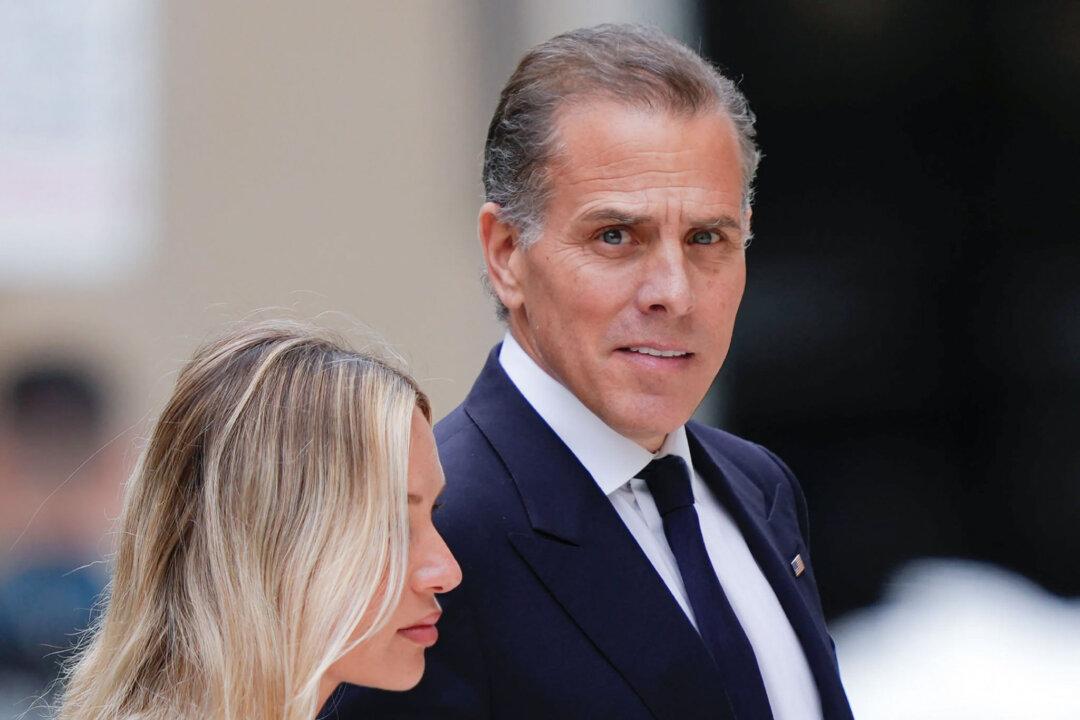President Joe Biden issued on Dec. 1 a full and unconditional pardon for his son, Hunter Biden, encompassing any “offenses against the United States” between Jan. 1, 2014, and Dec. 1, 2024.
The turn of events came about after the president had pledged he wouldn’t use his pardoning powers for his son.





